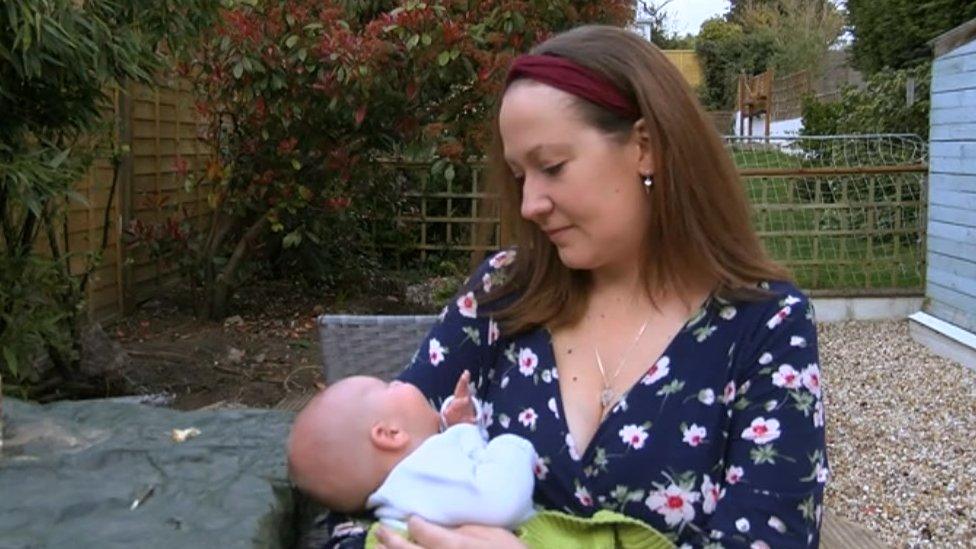Logan Mwangi murder: 'Jurors should be offered support'
- Published

Five-year-old Logan Mwangi was described as a "really sweet, happy-go-lucky child" by a neighbour
Jurors who have to see and hear harrowing evidence during a trial should be given more support, an academic has said.
It comes as the mother, stepfather and a 14-year-old boy were found guilty of murdering five-year-old Logan Mwangi.
The trial at Cardiff Crown Court was paused several times when jurors found details surrounding Logan's death too distressing.
Jurors were also shown footage of the moment his body was discovered.
After the three were found guilty, Mrs Justice Jefford thanked the jury for their "exceptional public service", and recognised they had endured "very unpleasant and emotional evidence".
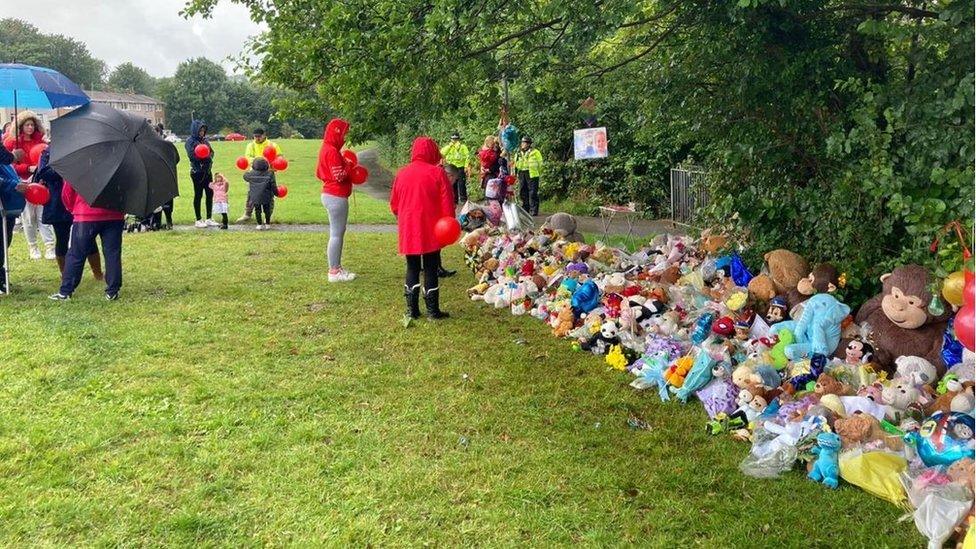
Hundreds of toys, teddy bears and flowers were left in Pandy Park after Logan's body was found
She then excused them from having to undertake jury service again.
Her Majesty's Courts and Tribunals Service (HMCTS) said it recognised the importance of jurors' wellbeing.
Logan's body was found in the River Ogmore in Sarn, Bridgend county, last July with 56 external injuries.
On Thursday, Logan's mother Angharad Williamson, 31, stepfather John Cole, 40, and a 14-year-old boy were found guilty of murder following an eight-week trial.
Williamson and the boy were also found guilty of perverting the course of justice.
Cole had previously admitted the charge after he put Logan's body in a sports bag and dumped it.
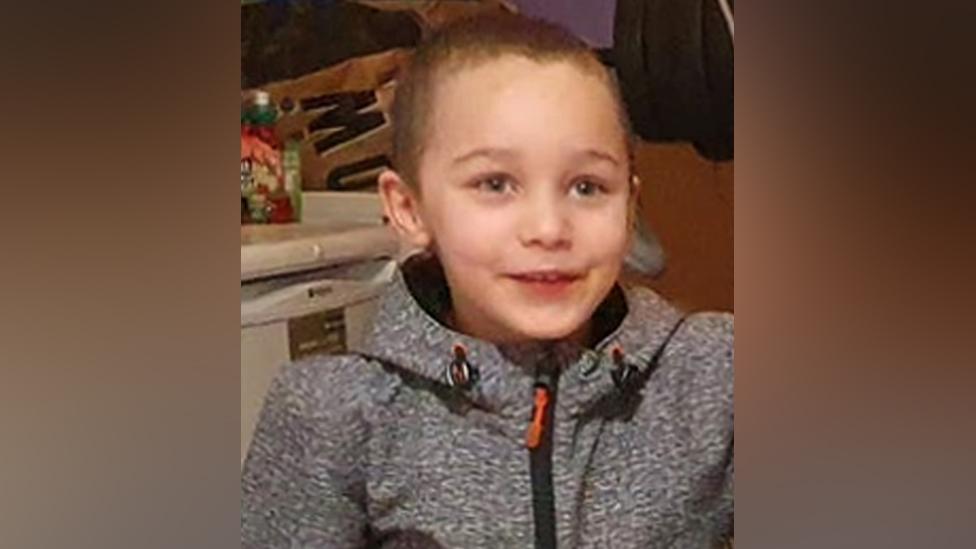
Logan was found dead in the River Ogmore in Sarn, Bridgend county, last July
Prof Noelle Robertson, an expert in clinical psychology at the University of Leicester, said: "During difficult trials it would not be unusual for people to be experiencing some degree of emotional disturbance, feel sad, you might feel flat, you might notice that your sleep was disturbed, you might feel restless, you might feel physical tension."
She said for the majority of people those feelings would diminish over time but a small minority could be "really profoundly affected".
"They can continue to have intrusive thoughts about the process, they might have flashbacks, they might re-imagine images they've seen and find those continue to intrude into their lives," she said.
In Scotland, if at the conclusion of a trial the judge or sheriff believes a juror is experiencing psychological distress as the result of their role they can refer them for counselling - but no such service exists in Wales or England.
What evidence was presented to the jury in Logan's murder trial?
The trial had to be paused on several occasions after jurors found the evidence too distressing.
Caroline Rees QC, barrister for the prosecution, told the jury Logan had been "dehumanised" by the defendants and "treated like rubbish in life, just like he was in death".
She said one pathologist had described his injuries as "so extreme you would expect to find them as a result of a fall from a great height or a high-velocity road traffic accident".
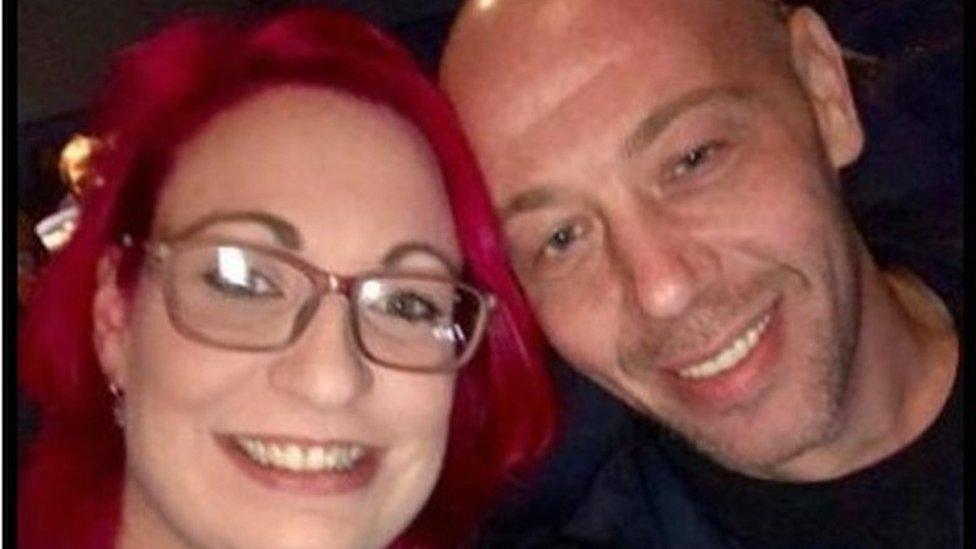
Angharad Williamson and John Cole both denied Logan Mwangi's murder
The trial was paused after a pathologist gave a long list of Logan's injuries which included 56 external injuries as well as severe injuries to his abdomen, including a liver tear and part of his small bowel torn from his pancreas, and a "significantly swollen" brain.
It was again paused after paediatric expert Dr Deborah Stalker said: "He would have been in real significant pain."
She then added "He had an 80% change of survival if prompt medical advice had been sought."
The jury had also been told Logan would wet himself, self-harm and had been "kept like a prisoner in his small bedroom" and had food withheld.
They were also shown video footage of the moment his body was discovered by a police officer and video footage of his stepfather carrying his body out of the house.
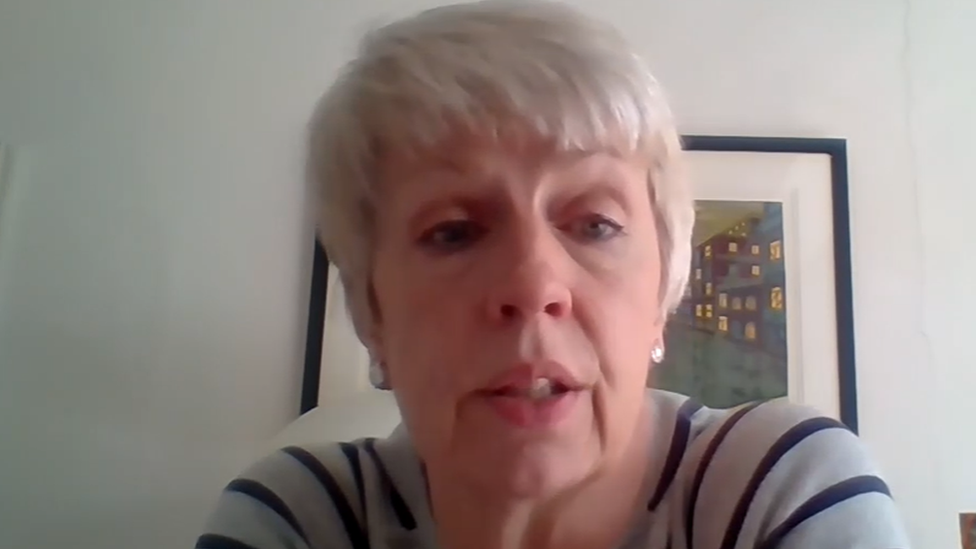
Prof Noelle Robertson has carried out two studies on potential sources of distress for jurors participating in criminal trials
'Truly horrible'
"Inevitably with something that is so awful as the apparent sustained neglect, abuse and murder of a child it is truly horrible for people to have to adjudicate on that, having listened to all that evidence is a weighty and deeply significant thing for people to do," Prof Robertson said.
She said crimes against children or those deemed vulnerable were particularly difficult for jurors.
"There are beliefs that we have about care-givers and what they ought to provide for vulnerable children, and these have not been met, so this is sort of a breach of expectation."
She said jurors with their own "unexplored trauma history" could be particularly adversely affected.
Being taken out of their normal routine, working with people they have never met before, witnessing difficult interpersonal relationships outside the courtroom, being alienated from usual sources of support, the responsibility of decision making and not being allowed to discuss the case, external also created stress for jurors, she said.
"There has to be provision for a referral for those who are particularly adversely affected," she said.
She would also like to see "greater and adequate preparation for the role" of juror.
A HMCTS spokeswoman said: "Jury service is one of the most important civic duties that anyone can perform and we recognise the importance of well-being throughout the process.
"In each case, the trial judge will seek to meet the interests of justice without causing undue anxiety to any juror.
"This can include warnings of distressing evidence as well as offering a range of support such as counselling from GPs and advice from the Samaritans."
A leaflet entitled Supporting You Through Jury Service offers further advice to jurors and is available in courts, she added.
- Published21 April 2022
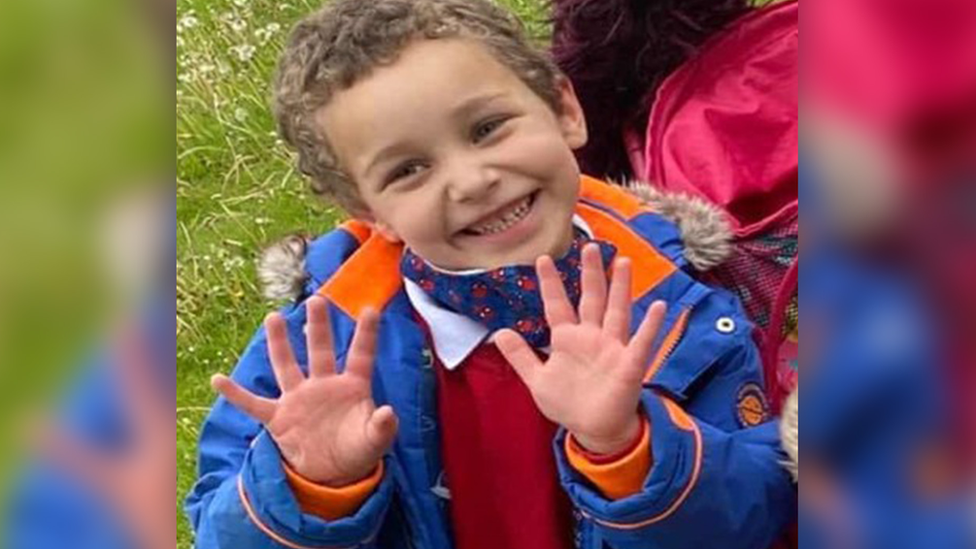
- Published21 January 2022
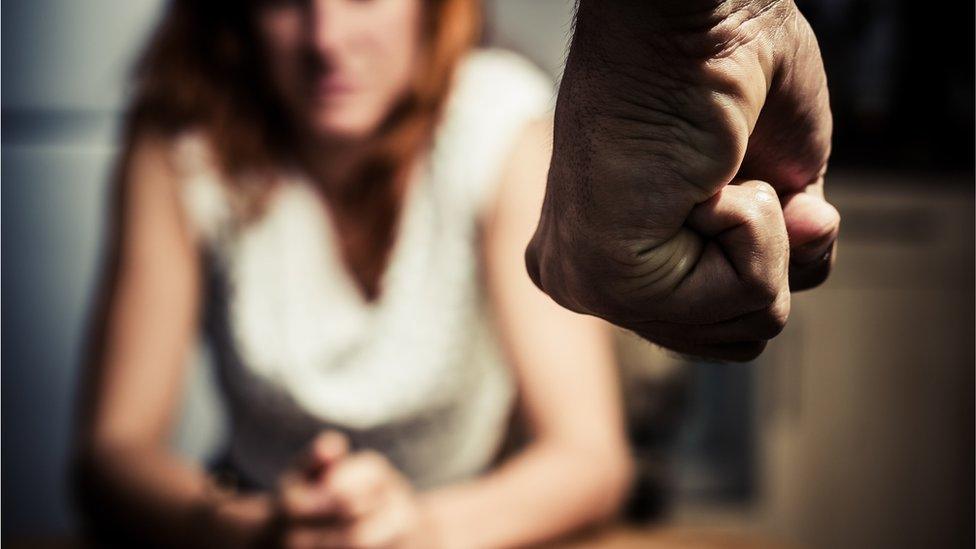
- Published21 February 2013

- Published12 April 2021
